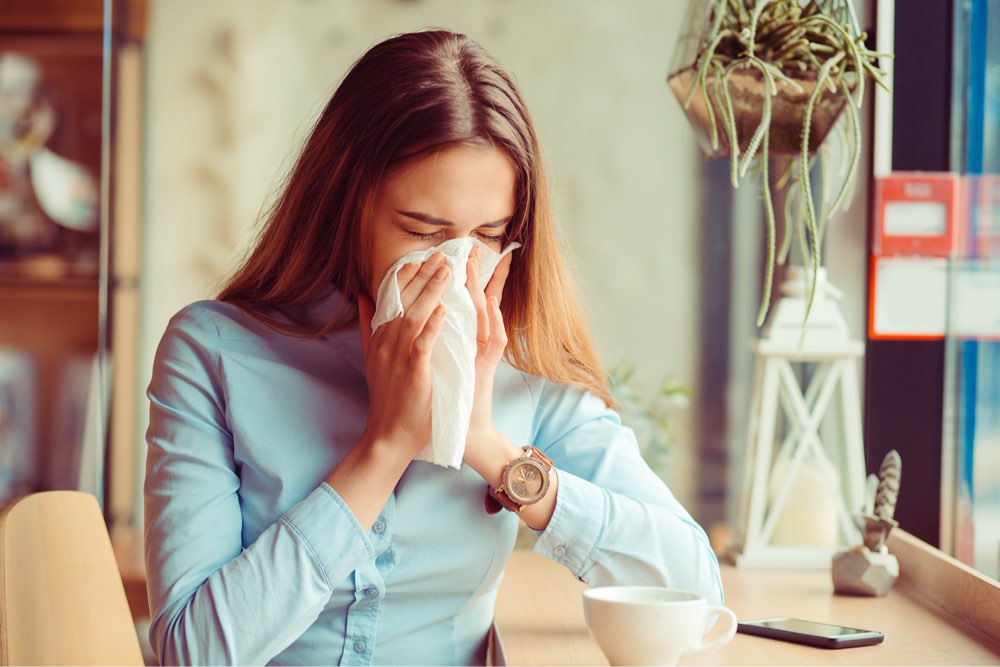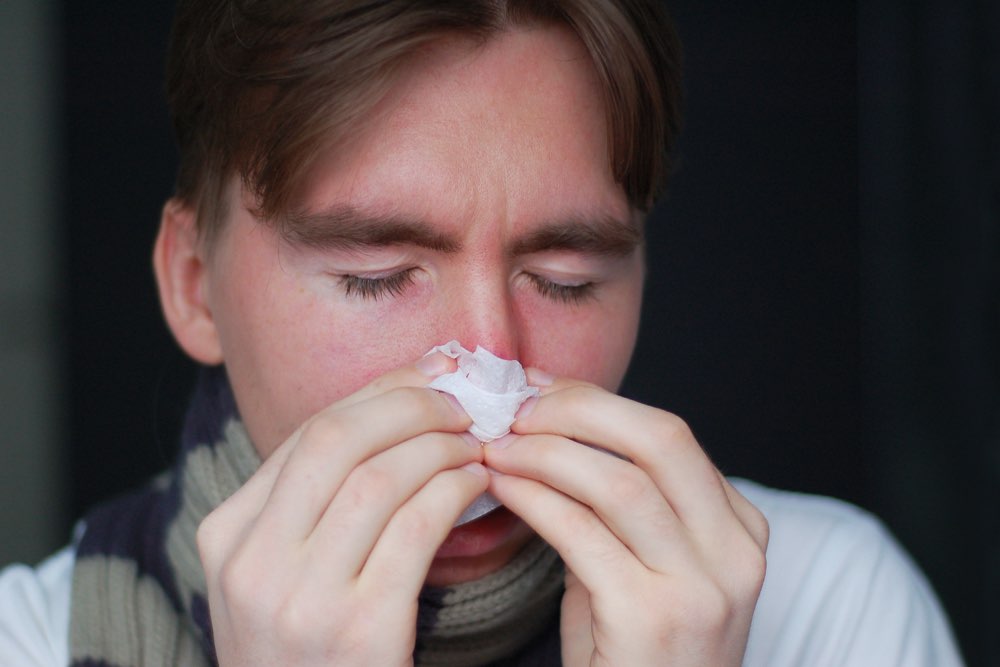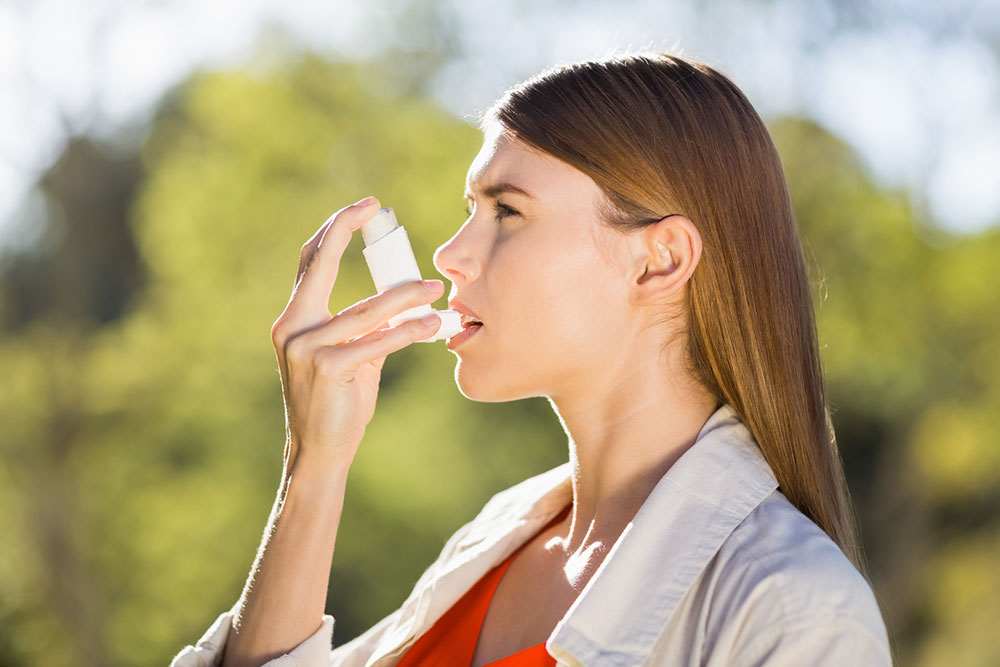Effective Strategies to Avoid Common Allergens
Learn practical methods to prevent common allergies caused by pollen, pet dander, and dust mites. The article provides tips on early medication, environmental control, and lifestyle adjustments to help maintain allergy-free living. Preventive measures are key to reducing allergic reactions and improving overall health. Incorporate these strategies into your routine for effective allergy management and enjoy a healthier, symptom-free life.

Effective Strategies to Avoid Common Allergens
Preventing allergy symptoms is essential for maintaining good health and well-being. Frequent illnesses can weaken your immune system and reduce your quality of life. The key to managing allergies is through proactive prevention, which is often more effective than treatment after the fact. If avoidance isn't possible, medical options like antihistamines can help. For those sensitive to specific triggers, following these guidelines can significantly reduce allergy risks.
Pollen: To prevent pollen allergies, it's recommended to take allergy medications early, such as antihistamines, before pollen exposure occurs.
For example, if you are allergic to tree pollen in spring, start your medication beforehand. Stay indoors during peak pollen hours and keep windows closed to minimize exposure.
Pet Dander: Pet allergies are common, often triggered by furry animals. To reduce exposure, limit contact with pets or keep their living areas clean. Regular bathing and cleaning can also lessen allergens.
Combining medication with other preventive measures can improve allergy management. Remember to wash your clothing after visiting homes with pets to avoid bringing allergens inside.
Dust Mites: Keep your living space dust-free by cleaning regularly. Prevent dust mites from accumulating by vacuuming, dusting, and maintaining good hygiene. While complete elimination isn't always possible, allergy medications can help manage symptoms.
Additional tips include avoiding outdoor activities during early mornings or high pollen seasons and closing windows during allergy-prone periods.










